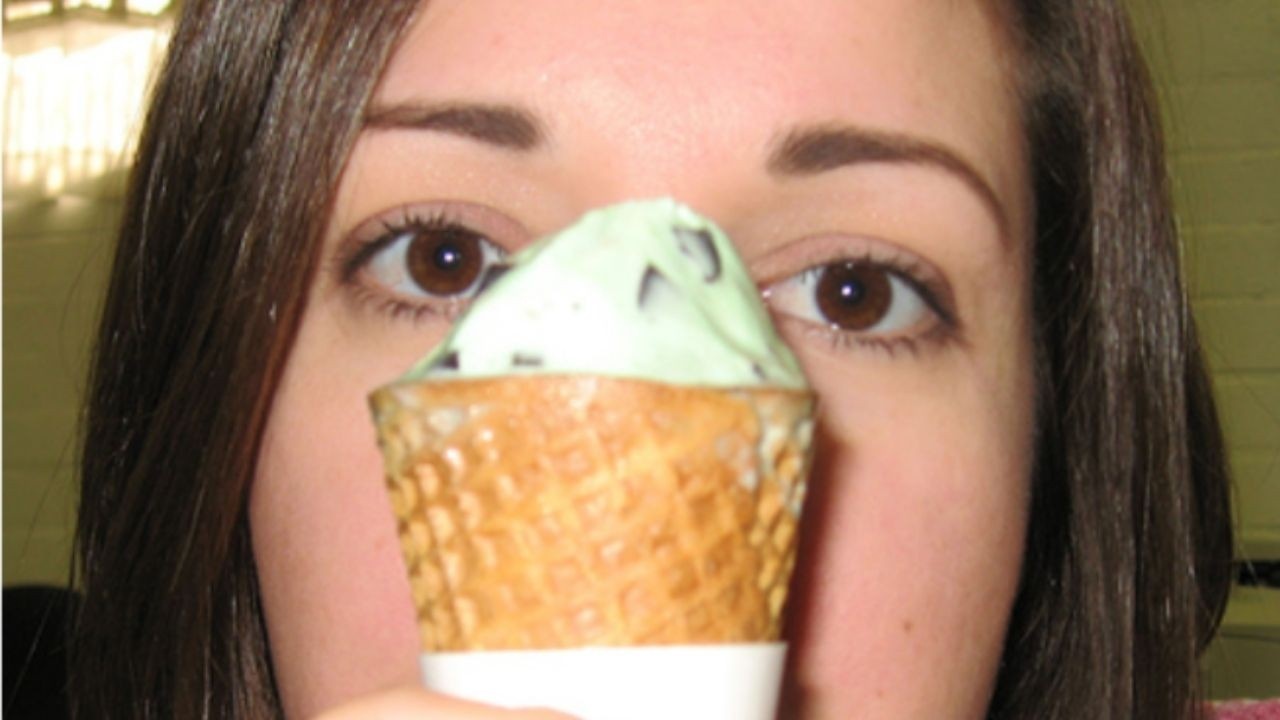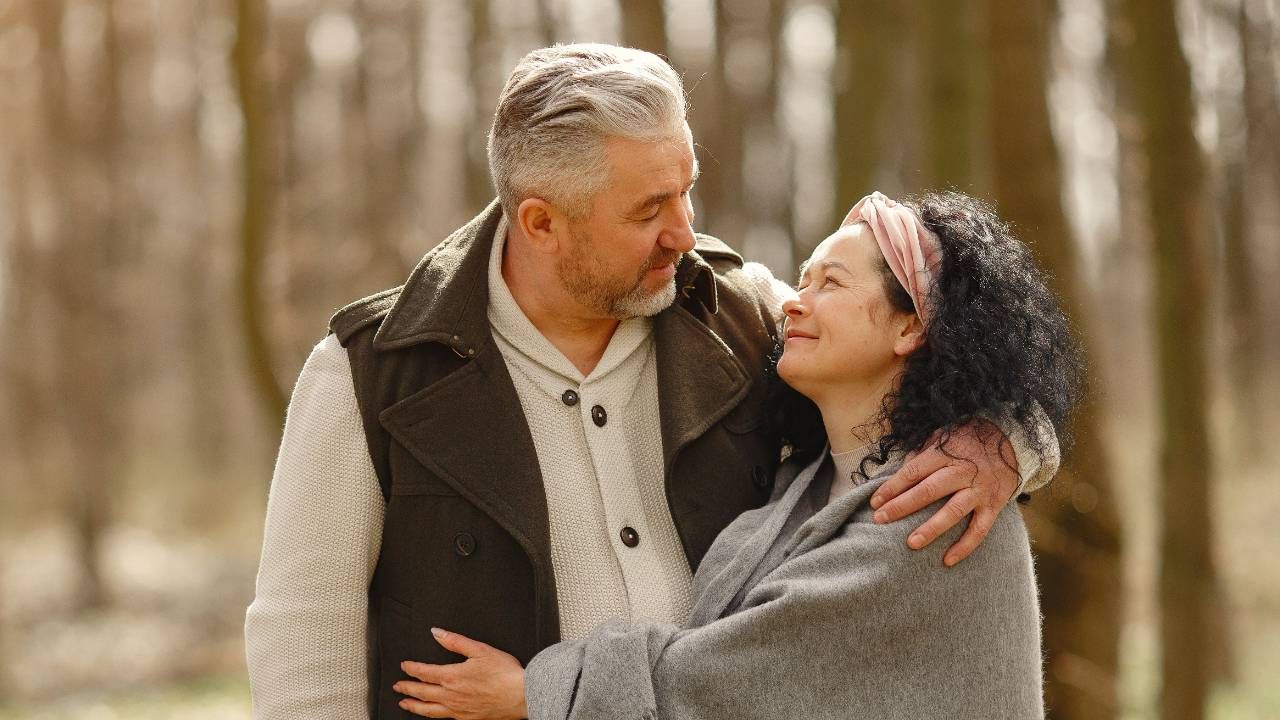Change Your Habit, Change Your Life

Most of us get the urge to change our lives and make a fresh start in the New Year.
We make bold resolutions about losing weight, exercising, money management and other areas of improvement.
Our Resolutions Fail
And we fail. We fail miserably: research reveals that as few as 8 percent of us are successful with our New Year’s resolutions.
Of course, this is why fitness centers may sign up 5,000 new members in January for a facility that will only hold 500 at a time.
Change of Season
As we enter the Fall season, how about considering a different approach?
Make a small change to one of your habits, using Daylight Savings Time as your cue. I’ve put this into practice over the past 18 months with great success. This approach means that every year you will have changed two of your habits.
Small Changes are Powerful
Changing two habits a year might seem too small, too easy. But science proves that the lasting changes in our lives come from making small changes that are easier to implement.
Consider this small, but powerful example: “Replace a soft drink with water at just one meal--say, lunch. With this small change, you will drink approximately forty more gallons of water per year, while not drinking forty gallons of carbonated sugar. You also save up to fifty thousand calories and as much as five hundred dollars.” (From Small Change, Little Things Make a Big Difference by Susan and Larry Terkel.)
The Power of Habits
I’ve always worked on continuous self-improvement, but never understood how to change habits, until a couple of years ago when I read this great book: The Power of Habit, Why We Do What We Do in Life and Business by Charles Duhigg.
Duhigg explores the neuroscience of habits and also uses vivid examples from sports, business and life, including the NFL, Michael Phelps, Target, P&G and Rick Warren’s Saddleback Church, among many others.
Conserving Brain Energy
Habits are critical to our brain function. To conserve energy, our brains run routines by habit that we don’t have to think about. Duhigg says up to 40% of our daily activities are done by unconscious habit. This becomes clear when we drive to the same location so often that we sometimes arrive and don’t remember how we got there.
But the key to this book for me was understanding the simple process of how habits function and how they can be hacked to make a positive change.
The 'Habit Loop'
The author calls this the "Habit Loop.” Duhigg explains: "This process within our brains is a three-step loop. First, there is a cue, a trigger that tells your brain to go into automatic mode and which behavior to use. Then there is the routine, which can be physical or mental or emotional. Finally, there is the reward.”
Here’s how it worked for me: I like to work out a lot, so I’ve never had a weight problem, but last year I found myself with a severe nighttime sweet tooth. I didn’t need the extra sugar and calories and started getting some extra winter insulation on the tummy.
CUE: At a certain point in the evening, whether I was watching TV, reading a book or doing work, I’d get the feeling it was time for a snack. You know, The Craving ;-)
ROUTINE: I would wander into the kitchen for a snack. It would usually be a nice helping of ice cream, or a few cookies.
REWARD: I got the sweet taste of the dessert and the rush of blood sugar.
I wasn’t consciously being a Cookie Monster; I realize now that I was just caught in the loop.
I'm simplifying Duhigg's advice here, but his research found that the secret to changing your habit is to identify and tweak your routine. I successfully used these steps to change my nightly dessert habit.
CUE: For me the tweak was this: when the cue occurred, my evening dessert craving, I would still wander into the kitchen.
ROUTINE: In initially changing the routine, I told myself I could still have ice cream or cookies, but first I would have a piece of fruit and a glass of water and wait for 15 minutes. I did that and went back to whatever I was doing.
REWARD: This is the interesting part. I was shocked that from the very first time I ate an apple, drank the water and refocused on what I was doing, I was satisfied and not craving more sweets. My substitute reward gave me a sweet taste, the act of chewing and the water quenched my thirst. (Nutritionists say that often what feels like hunger is dehydration.)
Mistaken Rewards
This is the interesting part: Sometimes we are seeking a reward that is not necessarily what we might assume. Duhigg details getting up from his desk everyday at 3 p.m. to get a cookie from the cafeteria at the New York Times, where he is a reporter.
Then he would walk around and socialize with his colleagues. The reporter tweaked his routine to skip the cookie and go to the social break, which was really his reward.
The other interesting that happens is that when you change one habit, positive changes seem to build on one another. If you exercise regularly, you might find yourself wanting to eat healthier foods.
How about you?
What habit do you most want to change?
Would you consider skipping the New Year's resolutions and instead changing two habits a year?
Please comment below or use our easy share to send this to friends who might benefit.
Photo credit: Hvnly via Creative Commons








